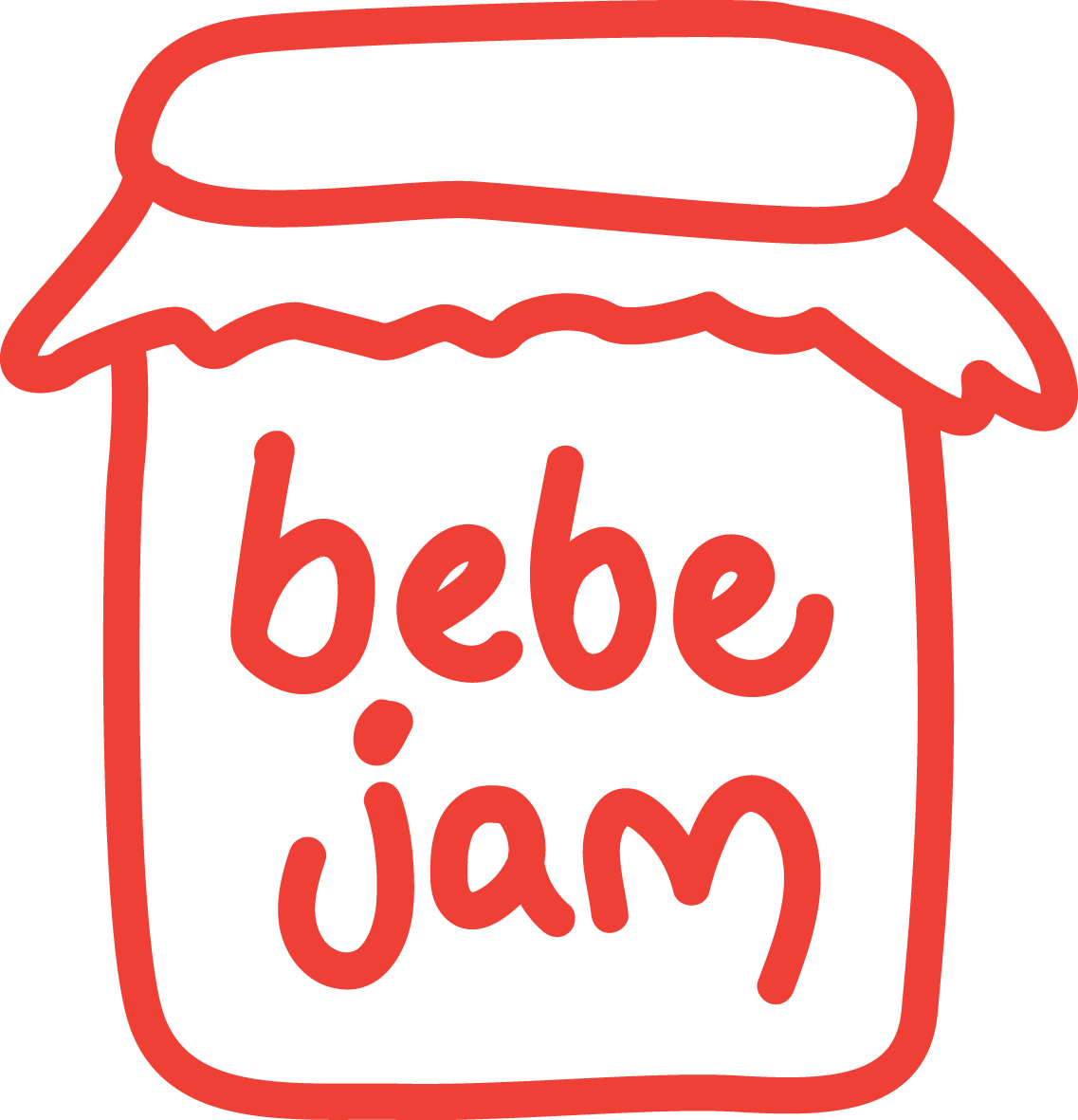Goods and Services Tax (GST) Basic
Goods and services tax (GST) is a broadly based consumption tax on the supply of goods and services in New Zealand, in many other part of the world it called value added tax. Although the tax is generally levied at the standard rate, currently 15%, some supplies are taxed at a zero rate and a small number of specified supplies are exempt from the tax.
GST is not a tax on business profits or turnover. It is a tax on consumption in NZ and is ultimately paid by the consumer or end-user. Tax tax is paid by each step along the chain of ownership or supply, until the goods or services reach the end-user. GST paid in this way is “collected” by “registered persons” and returned at regular intervals to Inland Revenue or, in the case of imported goods, to the New Zealand Customs Service.
You do not have to register GST just because you start a business or organisation.
You must register if you are an entity and either of these apply to you:
you carry out a taxable activity and your turnover was at least $60,000 in the last 12 months, or you expect it will be at least $60,000 in the next 12 months
you carry out a taxable activity and you add GST to the price of the goods or services you sell.
Once registered for GST you need to:
charge GST to your customers
file GST returns
pay any GST you owe to IRD.
keep GST records.
You collect GST from your customers on the sale of your goods or services. You pay GST to your suppliers when you buy goods and services relating to your taxable activity.
When filing your GST return, you work out the difference between the amount of GST you collected and paid.
If you collected more GST than you paid, you pay the balance to IRD when you file your GST return.
If you paid more GST than you collected, you can get a GST refund from IRD.



